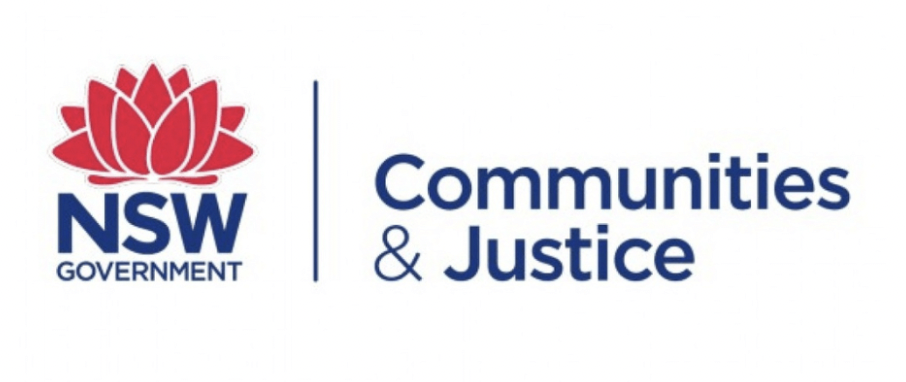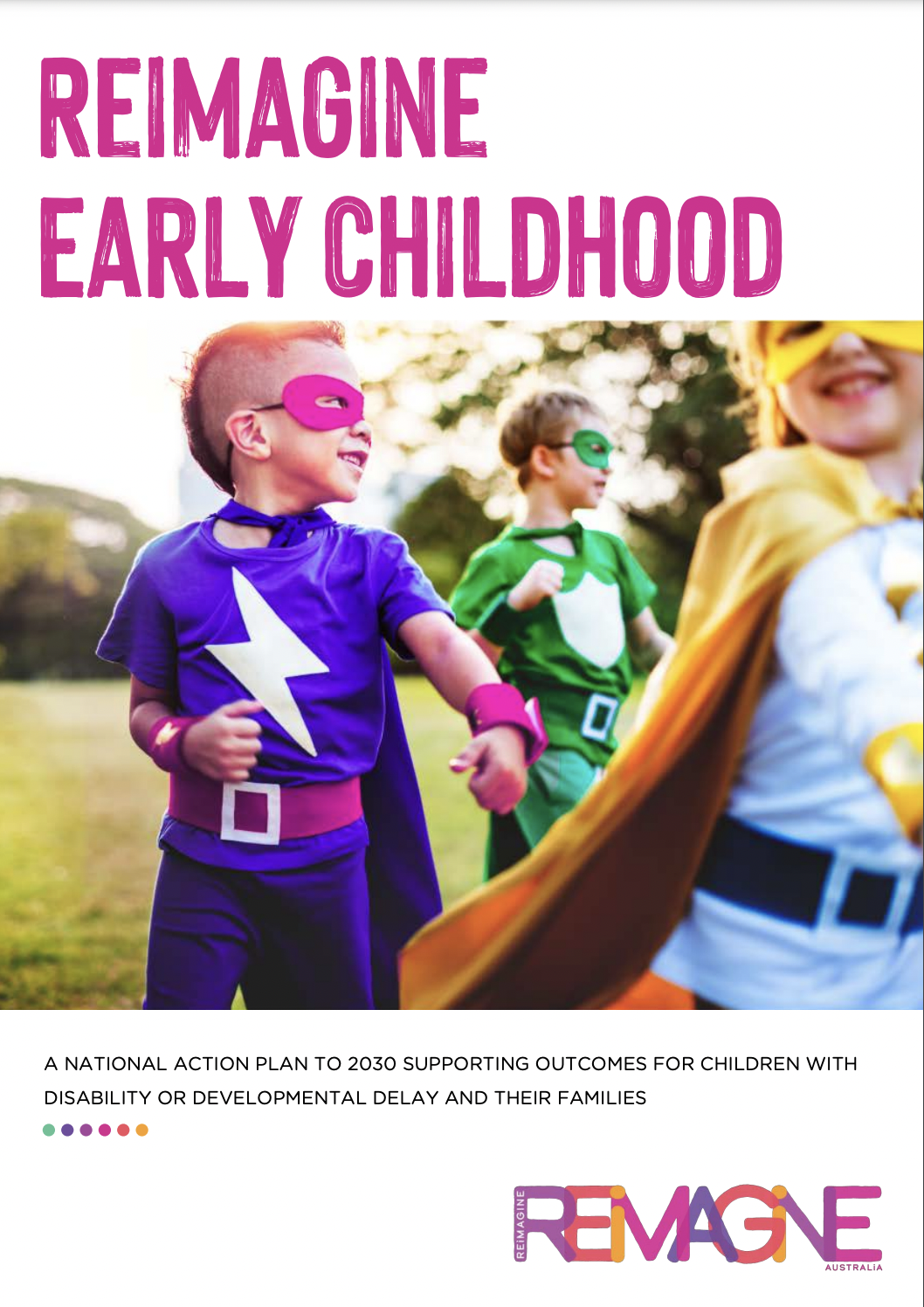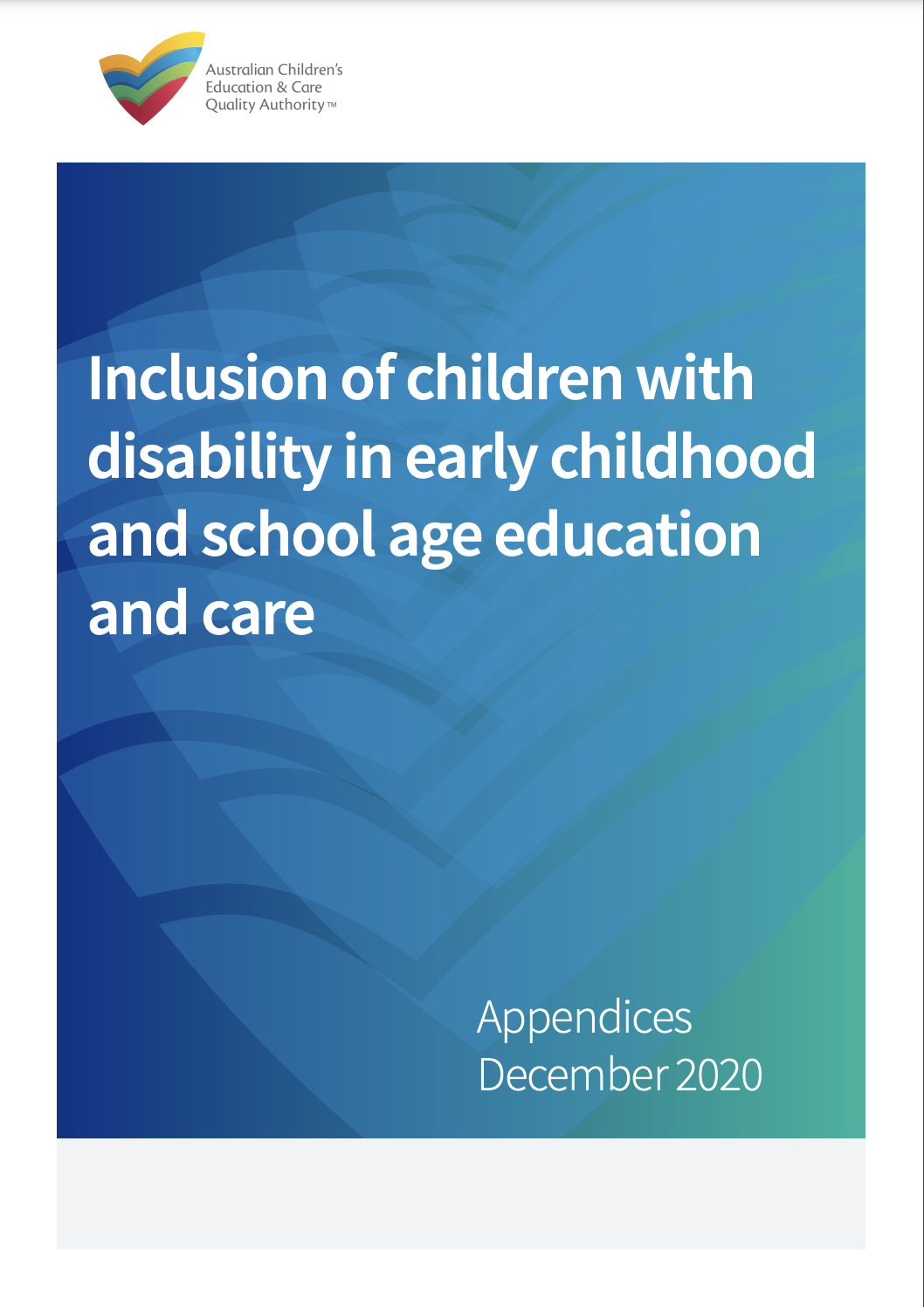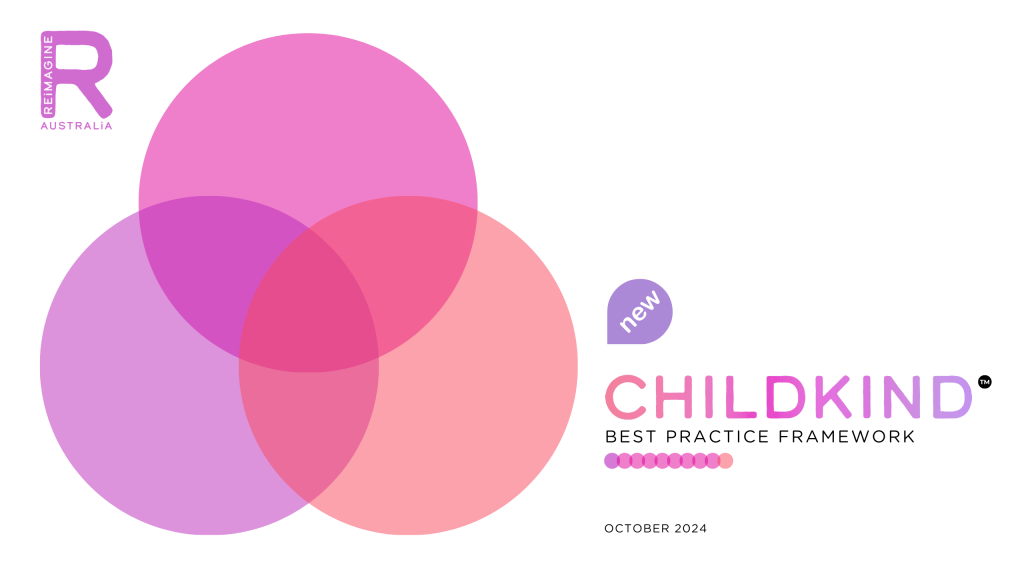CHILDKIND WAY OF WORKING #6

“Swiftly adapting to changing needs and circumstances to provide timely and effective support.“
Be Agile highlights the importance of adapting quickly to changing circumstances to provide effective support for children and families, through:
Responsive Support Assessment: Continuously evaluate and adjust support strategies to meet the evolving needs of children with disabilities, developmental delays, and neurodivergence.
Facilitating System Navigation: Understand the complexities of service systems, guiding families to reduce confusion and stress, and ensure timely access to resources and support.
Proactive Risk Management: Establish trusting relationships to effectively handle crises and provide tailored support during challenging times.
Reimagine Australia was commissioned in 2019 to design and deliver the first national Action Plan for early childhood developmental care. The Action Plan was co-designed with families and for families, to maximise outcomes for children with disability, developmental delay and neurodivergence and their families. Six priority areas were recommended, with one being ‘Seamless and Integrated’. This recommendation was that an early childhood ecosystem be developed for all children, where systems and services work in an integrated and holistic way to support children and their families. A key finding was the need to establish one all-encompassing early childhood development system which is viewed through and early childhood lens rather than through a disability lens. The current system has a ‘wait and see’ culture which then restricts opportunities to access effective assistance in a timely fashion (Reimagine Australia, 2020).
A number of key findings were presented in the consultation summary report developed by ACECQA, titled ‘ Inclusion of children with disability in early childhood and school age education and care’ in 2020. Barriers to access and participation were identified, with the vast majority of stakeholders identifying barriers to services. One limitation cited by survey respondents was that there are significant limitations in current inclusion support avenues to enable timely interventions to best support the inclusion of children with disability (ACECQA, 2020, p. 9). Support needs to be timely and effectively adapted to the changing needs and circumstances for all individuals.
Be Agile, as a way of working, relates to the ‘design and delivery of services and supports’ phase of the child’s early developmental support journey. This way of working is broken down into 3 Key Competencies. In practice, these competencies might be demonstrated as follows:
Monitor and Evaluate: Both formative and summative assessment of supports have a role. If ongoing monitoring is not occurring, time is wasted to be adjusting supports to ensure they are most suitable and effective for children and families. Summative assessment allows for overall evaluation to determine suitability and set new goals.
Understanding and Navigating Systems: The complexity of the service system can cause children and families significant stress and anxiety as they attempt to navigate and make sense of these complexities. It is essential that all practitioners have a role in supporting children and families to understand and navigate systems.
Risk Management: Having a relationship with children and families you work with is essential, to ensure that support is tailored not just to who they currently are, but also is adaptable to change. Families may experience vulnerabilities and/or crises, and during these times need additional compassion and appropriate support.

Education Services Australia (2022). Personalised learning and support.
The Nationally Consistent Collection of Data on School Students with Disability (NCCD) gives Australian schools, parents, guardians and carers, education authorities and the community information about the number of students with disability in schools and the adjustments they receive. This resource discusses personlised learning and support in the context of education.

NSW Government Communities and Justice (2024). NSW Interagency guidelines for practitioners.

Reimagine Australia (2020). A national action plan to 2030 supporting outcomes for children with disability or developmental delay and their families.

ACECQA (2020). Inclusion of children with disability in early childhood and school age education and care – Consultation Summary Report.
An agile approach to intervention allows for continuous feedback and adjustments, creating a more responsive and effective support system for children with developmental delays.
Cameron, C. A., & Loughlin, D. J. (2015), "The Need for Agility in Special Education.
Access more information on the ChildKind Best Practice Framework with its 10 Ways of Working, 30 Key Competencies and 8 supporting Values and Behaviours here:
